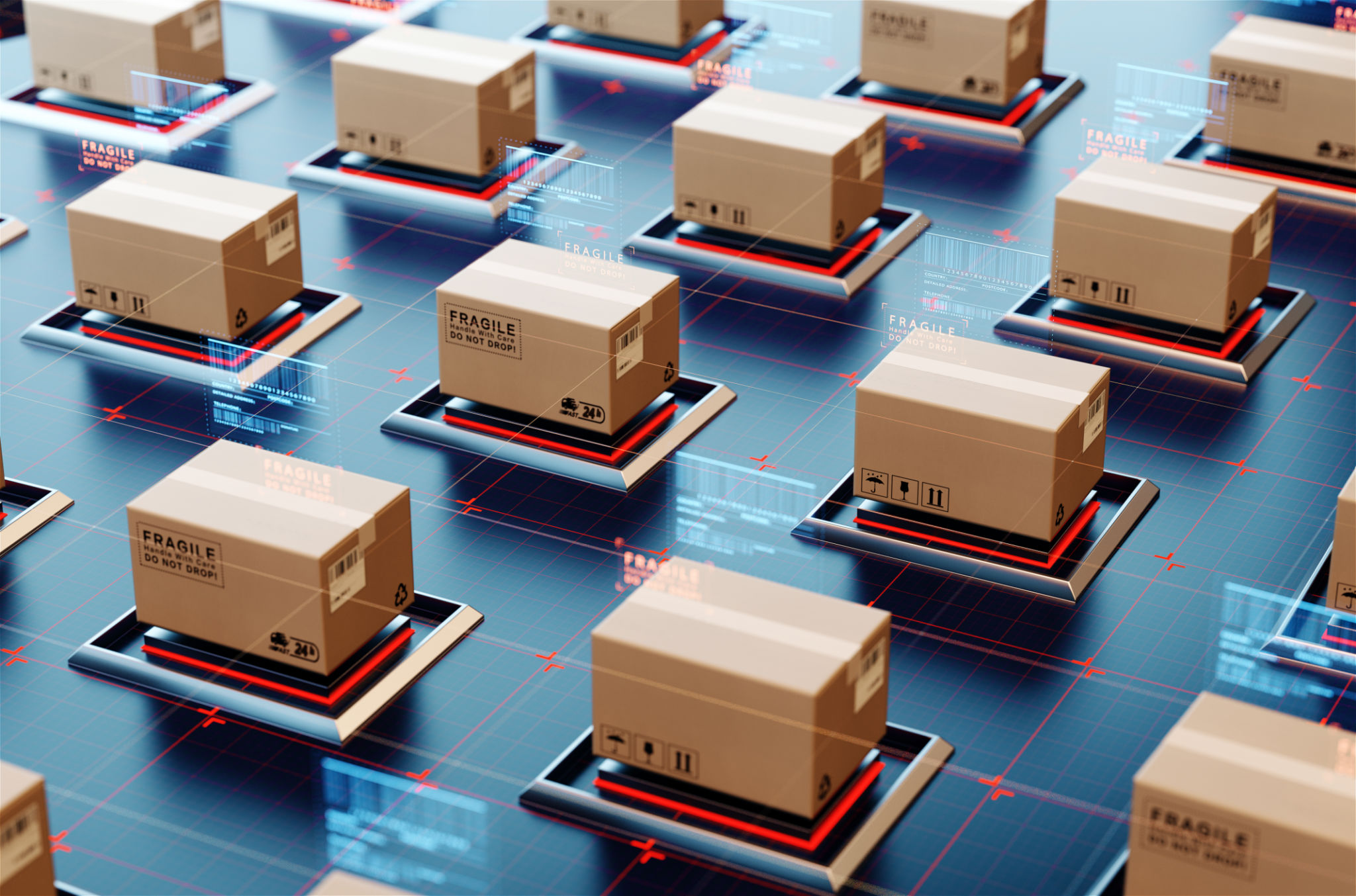The Future of Transportation: Trends Shaping the Logistics Industry
Introduction to the Future of Transportation
The logistics industry is undergoing a significant transformation, driven by advancements in technology and evolving consumer demands. As we look towards the future, several key trends are shaping what transportation will look like for logistics companies. These trends promise to enhance efficiency, reduce costs, and increase sustainability in the supply chain.
In this blog post, we will explore some of the most promising developments in transportation technology and discuss how they are poised to revolutionize the logistics industry.

Autonomous Vehicles
One of the most exciting developments in transportation technology is the rise of autonomous vehicles. Companies are investing heavily in self-driving trucks and delivery drones, aiming to streamline operations and reduce human error. Autonomous vehicles offer the potential to operate 24/7 without the need for breaks, significantly increasing productivity and reducing delivery times.
While there are still regulatory hurdles to overcome, the implementation of autonomous vehicles is expected to become more widespread in the coming years. This shift could lead to a more efficient and reliable logistics network, ultimately benefiting both businesses and consumers.
Electric and Sustainable Transportation
As environmental concerns continue to grow, there is an increasing focus on sustainable transportation solutions. Electric vehicles (EVs) are gaining traction as a viable alternative to traditional fuel-powered vehicles. With advancements in battery technology, EVs are becoming more affordable and practical for long-haul logistics.
Moreover, companies are exploring other sustainable options such as hydrogen fuel cells and biofuels. These innovations are not only reducing the carbon footprint of logistics operations but also offering cost savings in terms of fuel expenses.

Data-Driven Logistics
The integration of big data and analytics is transforming the logistics industry by providing insights that drive decision-making. Companies can now track shipments in real-time, optimize routes, and predict demand patterns with greater accuracy. By leveraging data analytics, logistics providers can enhance their operational efficiency and improve customer satisfaction.
Additionally, predictive analytics allows businesses to anticipate potential disruptions in the supply chain, enabling them to take proactive measures to mitigate risks. This data-driven approach is becoming an essential component of modern logistics strategies.
The Role of Blockchain Technology
Blockchain technology is emerging as a game-changer for the logistics industry by ensuring transparency and security in transactions. By creating an immutable ledger of transactions, blockchain can help prevent fraud and errors while enhancing trust between stakeholders.
This technology is particularly valuable in global supply chains where multiple parties are involved. Blockchain can streamline processes such as customs clearance and reduce paperwork, ultimately speeding up delivery times and reducing costs.

The Rise of Urban Logistics
With the growth of e-commerce, urban logistics has become a critical area of focus. Companies are exploring innovative solutions to address challenges such as traffic congestion and last-mile delivery. Micro-fulfillment centers and urban warehouses are being established closer to consumer hubs to expedite deliveries.
Furthermore, the use of bicycles, scooters, and even pedestrian couriers is gaining popularity in densely populated areas. These methods not only reduce delivery times but also minimize environmental impact.
Conclusion
The future of transportation in the logistics industry is being shaped by a combination of technological advancements and changing consumer expectations. From autonomous vehicles to sustainable transportation solutions, these trends promise to enhance efficiency, reduce costs, and contribute to a more sustainable future.
As these innovations continue to evolve, logistics companies that embrace these changes will be well-positioned to thrive in an increasingly competitive landscape. The key will be staying informed about these developments and being agile enough to adapt to new technologies as they emerge.
